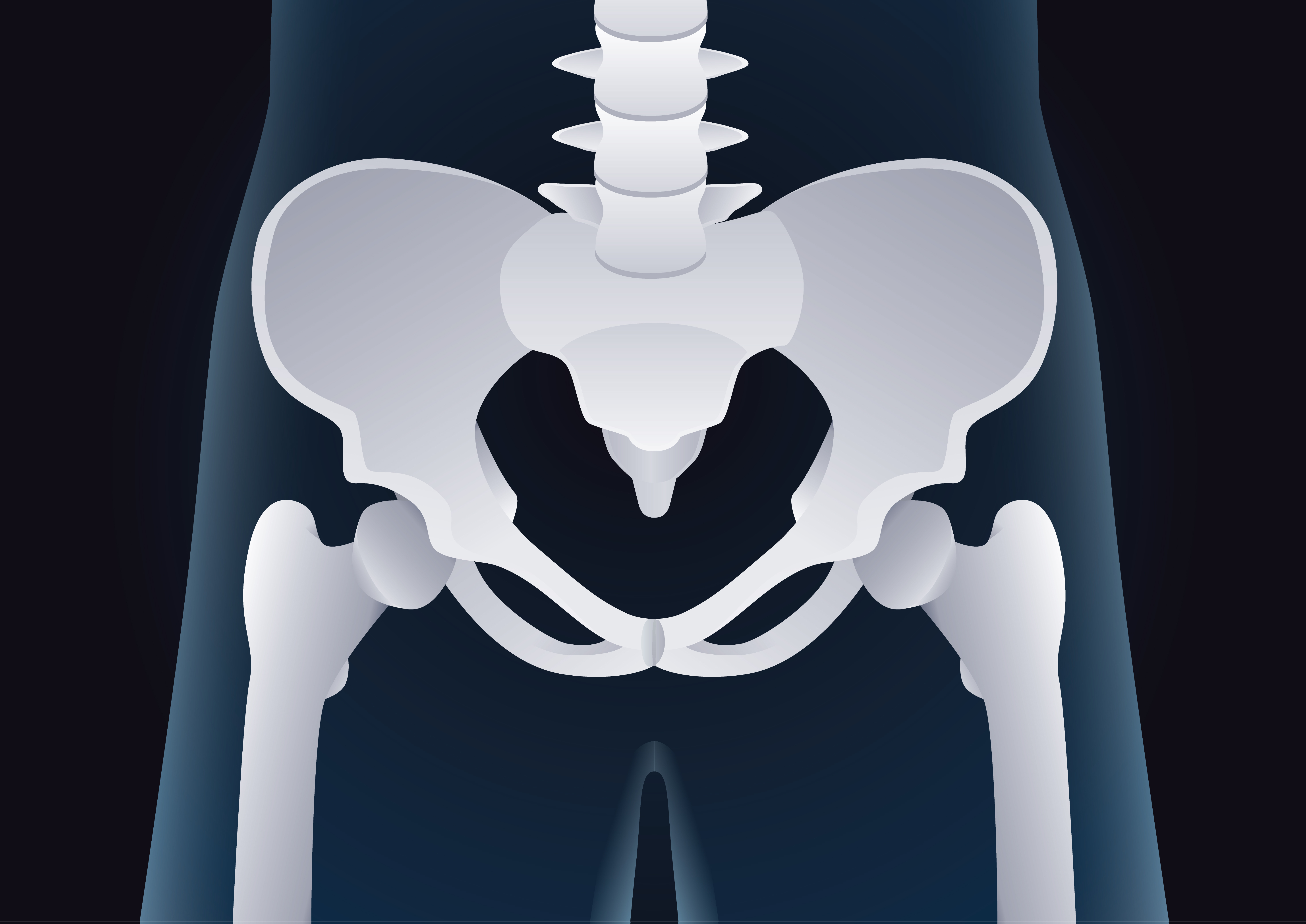Contents:
- Medical Video: Cervical Cancer Causes
- Is cervical cancer a hereditary disease?
- Will I get cervical cancer if a family member has experienced it?
- Can cervical cancer be prevented?
Medical Video: Cervical Cancer Causes
Cancer of the cervix or cervical cancer is a type of cancer that is deadly for women. Although this cancer can be completely prevented and cured if detected early, those of you who have family members who have had cervical cancer may feel anxious. Fear if this cancer can be lowered and eventually attack you. But, actually, cervical cancer itself can be lowered or not, right?
Is cervical cancer a hereditary disease?
Each type of cancer can actually be caused by genetic factors. Yes, the genes in your body play a role in determining your current health condition for years to come. The same is true for cervical cancer, where a family health history is one of the risk factors.
Cancer.org states that people who have family members who have had cervical cancer have a 2-3 times higher risk of developing cervical cancer than those who do not have a family health history. Although 99% of cases of cervical cancer are caused by HPV infection, genetic factors play a role in this.
The experts stated that genetic factors can make a person become weaker and easier to get the HPV virus than people who do not have genetic factors in their bodies.
In addition, genes also play a role in regulating cell growth and development in the body. When a person has a gene that is a risk factor for cervical cancer, this gene makes the cervical cells grow quickly and uncontrollably. And finally, it develops into a cancer cell.
Will I get cervical cancer if a family member has experienced it?
This is certainly not a guarantee. Having a nuclear family member who has had cervical cancer does not make you too affected. Again, genetics is just one of the risk factors for cervical cancer. There are still many other risk factors that are actually more likely to cause cancer to occur.
Other risk factors that can cause cervical cancer are:
- Infected with HPV. This virus is not only transmitted through sexual intercourse and poor vaginal hygiene, but also through skin to skin contact (skin to skin) That is, even though most HPV is transmitted through sexual intercourse, this virus can also be transmitted non-sexually, that is through the touch of the skin. The use of condoms can minimize transmission of the virus but cannot prevent it completely because other body parts can be exposed to HPV.
- Have smoking habits
- Has a weak immune system, so it is easily attacked by HPV
- Having a sexually transmitted disease, such as chlamydia, gonorrhea, and syphilis.
- Pregnant and giving birth at a very young age
If you have these risk factors, then you are at risk for cervical cancer. The more risk factors you have, the greater the chances of cervical cancer attacking you.
Can cervical cancer be prevented?
In fact, cervical cancer is the easiest type of cancer to prevent compared to other cancers. Even prevention can be done from an early age, namely with the HPV vaccine.
This vaccine is best done when a person has not started sexual intercourse, so this method can be applied to children from the age of 9 or when they enter puberty.
If you have already had sexual relations but have never received a vaccine, you do not need to be discouraged, the HPV vaccine can still be given. The HPV vaccine does not only provide protection for one type of HPV virus. The quadrivalent HPV vaccine can provide protection against HPV 6, 11, 16 and 18.
On the other hand, the bivalent HPV vaccine can provide protection against HPV 16 and 18. So even if you have been infected with one of these viruses, for example having experienced genital warts due to HPV 6 or 11, the HPV vaccine will provide protection against HPV 16 and 18 vaccines.
Therefore, the World Health Organization (WHO) has recommended for all countries to implement this HPV vaccine as one of the mandatory coping methods. Therefore, if you want to avoid the risk of cervical cancer, you can do HPV vaccination that is currently available at the big hospital closest to you.












